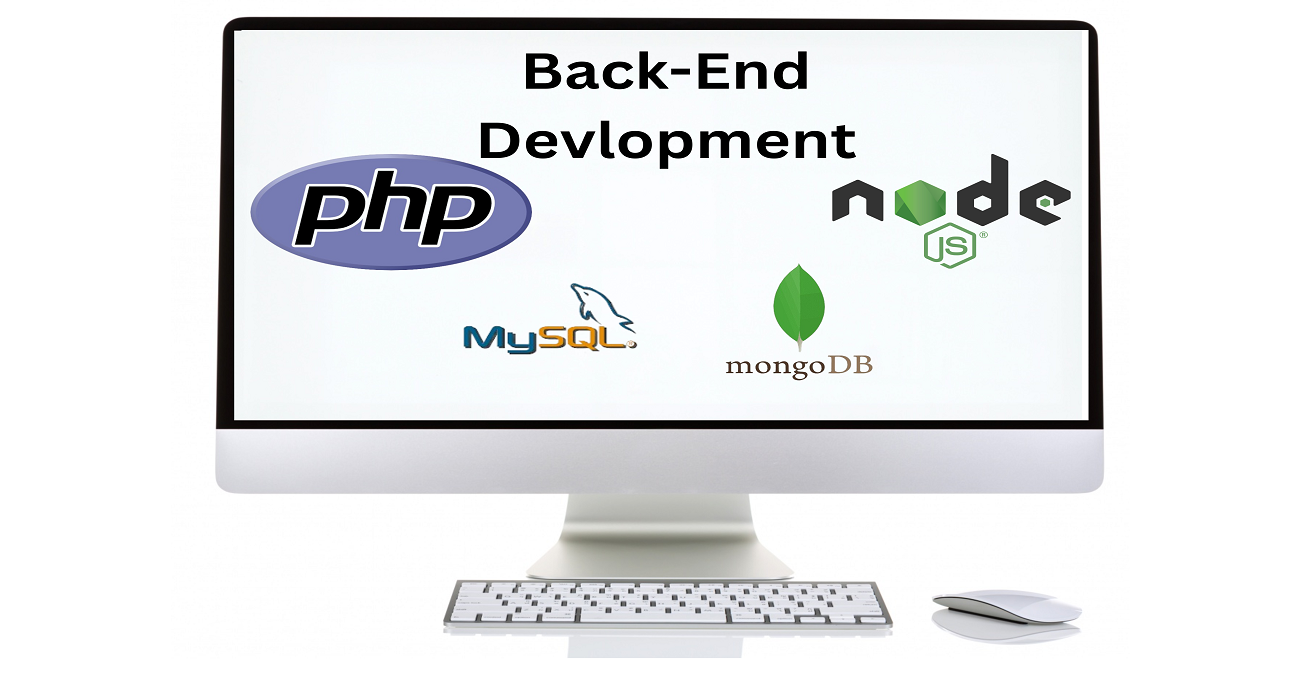At Datainfosee Software a breakdown of the essential content and skills you need to know for back-end development training:
Programming Languages:
- Learn at least one programming language commonly used for back-end development, such as:
- PHP: Known for its simplicity and versatility, PHP is widely used in web development with frameworks like Laravel, CodeIgniter, Cakephp, Symphony and Phalcon etc .
- JavaScript (Node.js): With the advent of Node.js, JavaScript can now be used for both front-end and back-end development.
Databases:
- Understand different types of databases, including relational databases (e.g., MySQL, PostgreSQL) and NoSQL databases (e.g., MongoDB, Firebase).
- Learn about database design, querying languages (SQL for relational databases), and data modeling techniques.
- Explore concepts like indexing, normalization, and denormalization for efficient data storage and retrieval.
Web Servers:
- Gain familiarity with web server technologies such as Apache, Nginx, and Microsoft IIS.
- Understand how web servers handle incoming HTTP requests, route traffic, and serve static and dynamic content.
API Development:
- Learn about RESTful API design principles and best practices for creating web APIs.
- Understand HTTP methods (GET, POST, PUT, DELETE) and status codes for handling client-server communication.
- Explore tools and frameworks like Express.js (for Node.js), Django REST Framework, or Flask-RESTful for building APIs.
Version Control and Collaboration:
- Learn how to use version control systems like Git for tracking changes to your codebase and collaborating with other developers.
- Understand branching strategies, pull requests, and code reviews for effective team collaboration.
Cloud Platforms and Deployment:
- Gain experience deploying back-end applications to cloud platforms like AWS, Google Cloud Platform (GCP), or Microsoft Azure.
- Learn about containerization (e.g., Docker) and container orchestration tools (e.g., Kubernetes) for scalable and reliable deployments.
Testing and Debugging:
- Understand the importance of writing unit tests, integration tests, and end-to-end tests to ensure the reliability and quality of your back-end code.
- Learn about debugging techniques and tools for identifying and fixing issues in your applications.
Keep in mind that back-end development is a vast field, and there’s always something new to learn. Stay curious, practice regularly, and be open to exploring new technologies and best practices.

